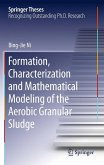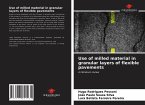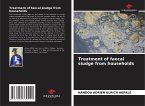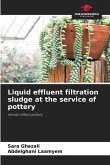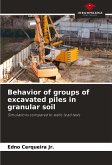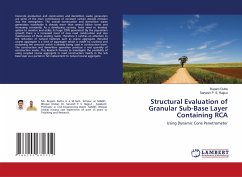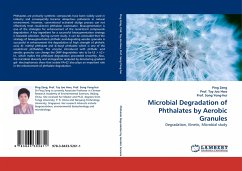Developing countries like Brazil have been suffering from a major problem, which is the pollution of their water sources due to the absence or poor operation of sewage treatment plants, which end up discharging water with a high polluting potential into the soil and watercourses, deteriorating environmental quality with often irreversible effects on the aquatic ecosystem and risks to human health. In order to tackle this problem, the use of technologies based on microorganisms and/or microbial aggregates has provided a wide range of useful and promising strategies for degrading various types of pollutants, such as organic matter and nitrogen, which are the main pollutants in wastewater and are of interest for the removal and protection of water bodies. In this context, it is important to evaluate the capacity to remove organic matter and nutrients in the conventional activated sludge system (flocculent sludge) and in the aerobic granular system fed with the same effluent. It may be possible to evaluate the efficiency, reliability and sustainability of flocculent biomass reactors and granular sludge reactors, the latter being a new technology that is proving to be innovative.
Bitte wählen Sie Ihr Anliegen aus.
Rechnungen
Retourenschein anfordern
Bestellstatus
Storno


